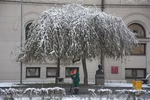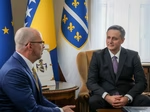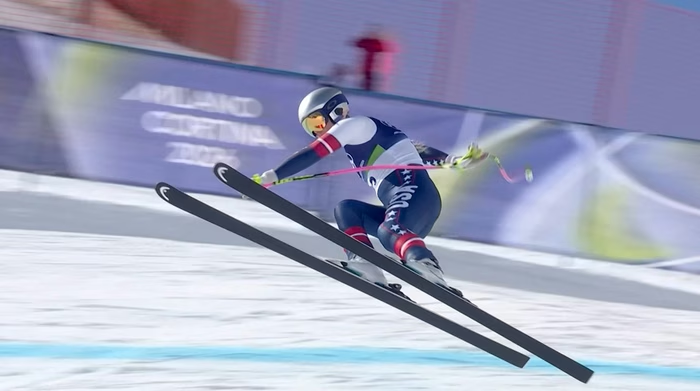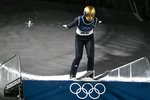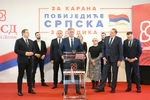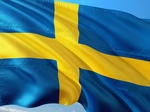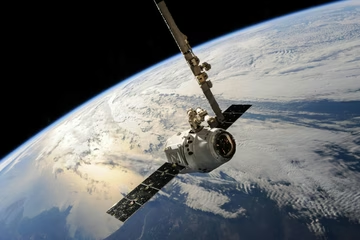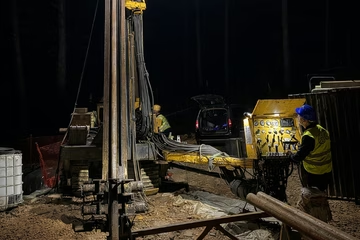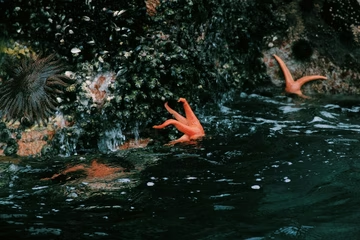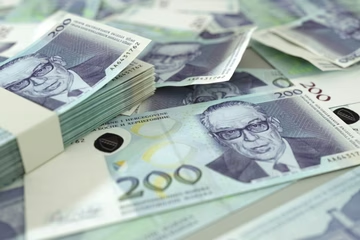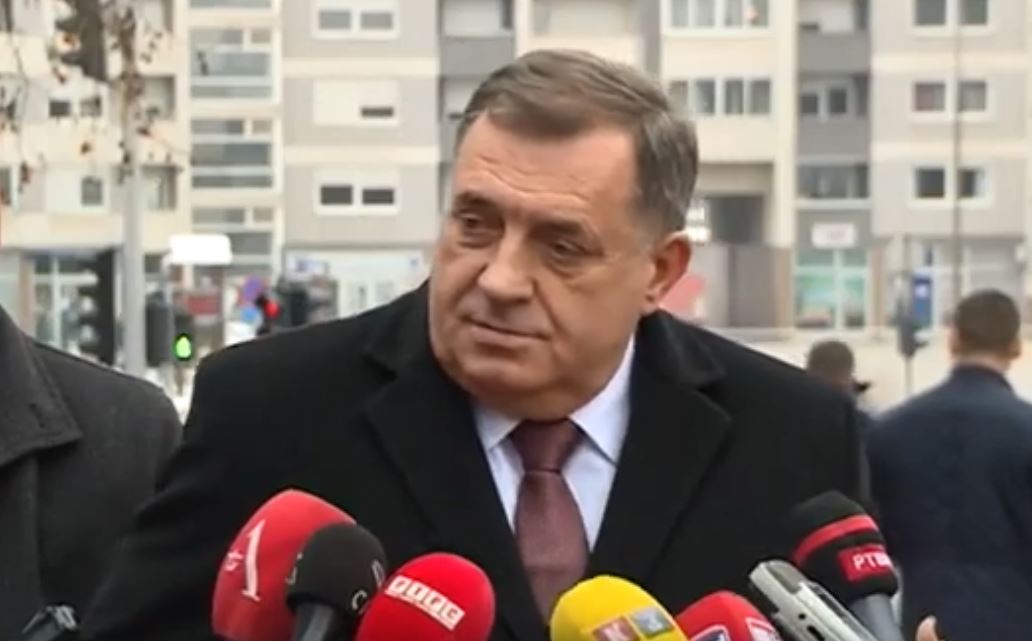
While the year 2020 saw a decrease in Islamophobia and anti-Muslim attacks in Bosnia compared to the previous year, the trend of Islamophobia in the country continues and is mainly generated by “Bosnian Serb politicians, media, and academic circles,” the European Islamophobia Report 2020 said.
The part of the report that deals with Islamophobia in BiH was authored by researcher at the Institute for Islamic Tradition of Bosniaks in
Sarajevo, Hikmet Karcic.
“Anti-Muslim bigotry and negative trends towards Muslims in Bosnia and Herzegovina were evident mainly in the educational, political, and media sectors. As in previous years, the main generators of Islamophobic discourse and anti-Muslim bigotry are the Bosnian Serb politicians, media, and academic circles,” Karcic wrote.
He noted that the year 2020 saw a decrease in Islamophobia and anti-Muslim attacks compared to the year before, but argued that “the main reason for this is the COVID-19 pandemic, and the nationwide lockdown imposed by authorities.”
The year 2020 also marked the 25th anniversary of the Srebrenica genocide “which was highlighted by the continuation of the denial of the genocide and war crimes by the Serb authorities,” he noted.
“The local and regional media contributed to anti-Muslim bigotry with reports about terrorist threats and radical ideology, connecting it with the Bosniak political and religious establishment. Lastly, 2020 saw a decrease in the physical and verbal attacks on mosques and imams, mostly in the Bosnian-Herzegovinian entity Republika Srpska but also in Croat-majority areas,” Karcic’s report said.
Karcic noted that “there were no major changes in the standard rhetoric from local and regional political actors who used Islamophobic rhetoric to undermine Bosnia and Herzegovina” in the year 2020, arguing that two major events contributed to the trend - the Srebrenica genocide anniversary and the local elections.
“The Bosnian Serb authorities announced in 2019 the formation of two “truth commissions” which would investigate the suffering of Serbs in Srebrenica and Sarajevo. 20 On the other hand, certain Bosnian Serb political parties used nationalistic rhetoric in order to mobilize for elections.”
Karcic’s report registered ten physical and verbal incidents in the past year, such as the vandalised walls of the Carsijska Mosque in Bosanska Dubica which led to its opening being prolonged, the celebration of St. Sava's Day by dressing children in Chetnik uniforms at a primary school in Srebrenica, and an attack on a Srebrenica schoolgirl for wearing a hijab, among other incidents.
It says that “social media remain the main source of anti-Muslim bigotry and Islamophobic rhetoric online,” listing several Facebook pages, mainly representing Serb nationalistic groups which spread fear of Bosniaks and include genocide denial.
Domestic and regional media have contributed to anti-Muslim intolerance by the way they reported on terrorist threats and radical ideology, linking them to Bosniak political and religious officials, the report says.
Karcic gave the example of BiH Presidency member Milorad Dodik, who stated that “Islamic terrorism has a link in BiH with what is called the ‘Islamic State.’ Some families of those Islamic jihadists. BiH is not threatened by any external aggression, but it faces a serious challenge from terrorism.”
Kakvo je tvoje mišljenje o ovome?
Učestvuj u diskusiji ili pročitaj komentare





 Srbija
Srbija
 Hrvatska
Hrvatska
 Slovenija
Slovenija








